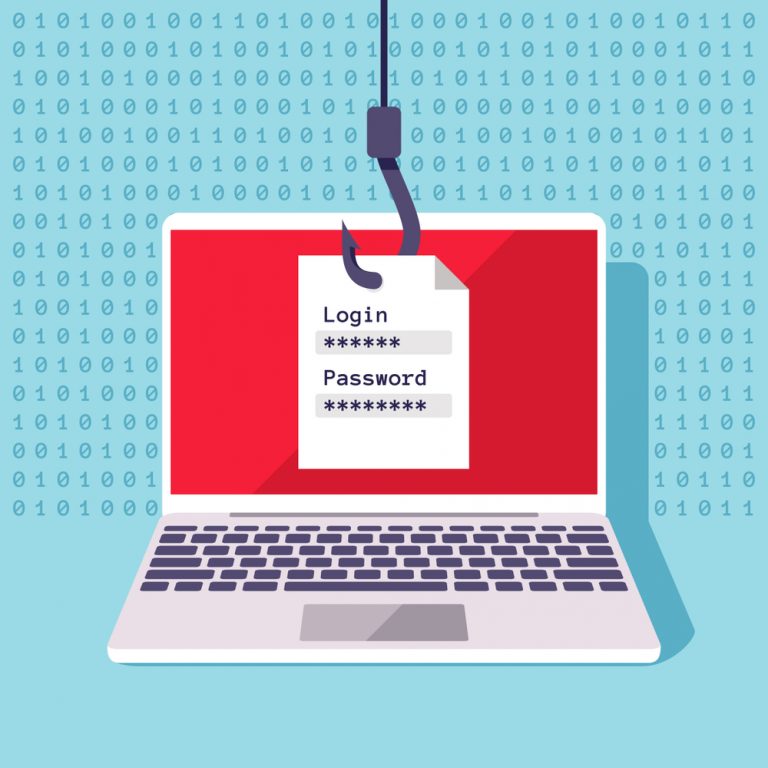2018-7-18 23:48 |
Quantum Computers Could Steal Your Bitcoin – Here’s How
Offering to break the monotony of regulated fiat currencies is perhaps one of the key selling points of Bitcoin, the world’s largest cryptocurrency. Fundamentally, Bitcoin transactions are complex cryptographic puzzles stored in a public ledger known as a blockchain. Notably, the encryption mechanism deployed o the Bitcoin network is too advanced, making it impossible for existing computers to breach the blockchain. In the future, however, the impenetrability of the blockchain could be overcome, thanks to the introduction of quantum computers.
How Bitcoin Encryption WorksThe fiat currency system relies on trusted intermediaries to authenticate and record all monetary transactions. Hence, it is the legal mandate of all banks to verify the identities of both parties involved in any transaction, the sender and the recipient. On the other hand, digital currencies depend on the blockchain, a ledger to which every member is an equal participant. Therefore, transactions involving cryptocurrencies can be conducted anonymously.
To receive Bitcoin, a user must initially create a complex puzzle that can only be deciphered using a private key. As the name suggests, the private key is only known to the recipient. Additionally, another puzzle, known as the public key, must also be present for the validation of any transaction. Essentially, for a user to receive Bitcoin they must avail the public key to the sender since it is the one that encrypts the entire transaction, while the private key is used for decryption.
To send Bitcoin, the sender must provide the recipient's puzzle as well as the transaction's public key. Should other participants on the Bitcoin network verify the public key, the transaction will be authenticated and subsequently processed. Afterwards, the Bitcoins will be sent to the recipient, who can then use their private key to accept the sent funds and use them the way they desire. Thus, all transactions are recorded on the public blockchain, but the identities of the involved parties remain concealed.
Are Bitcoins Accessible Without The Private Key?Yes, they are. The only prerequisite for accessing the Bitcoins is finding a solution to the puzzles of specific transactions. However, the designated recipients often have the upper hand because they are knowledgeable of the solution to that particular transaction.
Typically, most Bitcoin transactions are encrypted using electronic signatures that are based on algorithms developed using mathematical elliptic curves. The ideology behind this mechanism is to make the transactions easily verifiable using public keys, but difficult to decrypt unless one has the private key. As mentioned earlier, most of the current generation of computers are entirely unable to crack this security feature.
Nevertheless, quantum computers are capable to solve this cryptographic puzzles comfortably. Unlike current computers, quantum processors are not restricted to processing digital information (binary). Instead, they perform calculations directly using quantum mechanics, which essentially deals with the very minute details of the matter. While the research on the full capabilities of quantum computers is currently ongoing, it is apparent that this superior machines can efficiently what are currently deemed as overly complex cryptographic algorithms, including elliptic curves and calculation of numerical prime factors.
Theoretically, the elliptic curve cryptographic mechanism can be solved by running a modified version of the Shor’s algorithm. This algorithm can generate the private key from the public key easily, and can thereby create electronic signatures after the disclosure of the public key. The bottleneck, however, is the inability of existing computers to run this operation. In fact, many speculate that only quantum computers can handle this computation.
How Quantum Computers Can Steal BitcoinPresently, the public key of a Bitcoin transaction is only disclosed when the transaction is about to be completed. Therefore, the quantum computer has a limited time to generate counterfeit private keys that will redirect the coins to an alternate address. From a real-life perspective, this is similar to robbing an individual before they deposit money into their bank account.
The worrying bit, however, is the fact that malicious individuals can easily access the public key on the blockchain. Thus, this negates the time constraint disadvantage mentioned above, allowing the thief to steal Bitcoin even if there are no impending transactions. If successful, such an attack has the potential to result in the loss of tens of billions worth of dollars.
As of now, it is impossible to designate a timeframe for the introduction of the powerful quantum computers. Going by the current pace of development in the computing world, this fear could be actualized at least after a decade.
Can This Problem Be Averted?The necessity of finding alternatives to the vulnerable elliptic curve cryptography mechanism cannot be underestimated. Though a stable solution is yet to be established, researchers are currently working on digital currencies that take into account the possibility of attacks from quantum computers. Therefore, even if Bitcoin eventually capitulates to quantum computer attacks, blockchain and digital currencies will still exist.
origin »Bitcoin (BTC) íà Currencies.ru
|
|



